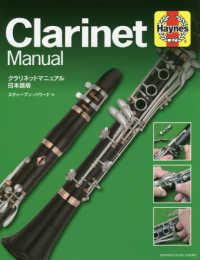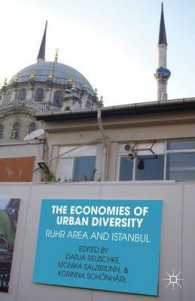Full Description
Gender, Genre, and Race in Post-Neo-Slave Narratives provides an innovative conceptual framework for describing representations of slavery in twenty-first century American cultural productions. Covering a broad range of narrative forms ranging from novels like The Known World to films like 12 Years a Slave and the music of Missy Elliott, Dana Renee Horton engages with post-neo-slave narratives, a genre she defines as literary and visual texts that mesh conventions of postmodernity with the neo-slave narrative. Focusing on the characterization of black women in these texts, Horton argues that they are portrayed as commodities who commodify enslaved people, a fluid and complex characterization that is a foundational aspect of postmodern identity and emphasizes how postmodern identity restructures the conception of slave-owners.
Contents
Introduction
Chapter 1 - The Female Slaveholder Narrative: Challenging the Plantation Mistress Trope in Property and The Wedding Gift
Chapter 2 - "Sometimes, One Must Become a Master to Avoid Becoming a Slave": Cane River, The Known World, and The Postmodern Black Plantation Mistress
Chapter 3 - "You will sell the negress!":Revising Representations of Women in Django Unchained and 12 Years a Slave
Chapter 4 - "The Rap Purist": The Plantation Mistress in Hip Hop Music
Conclusion - Towards a Black Feminist Counternarrative








